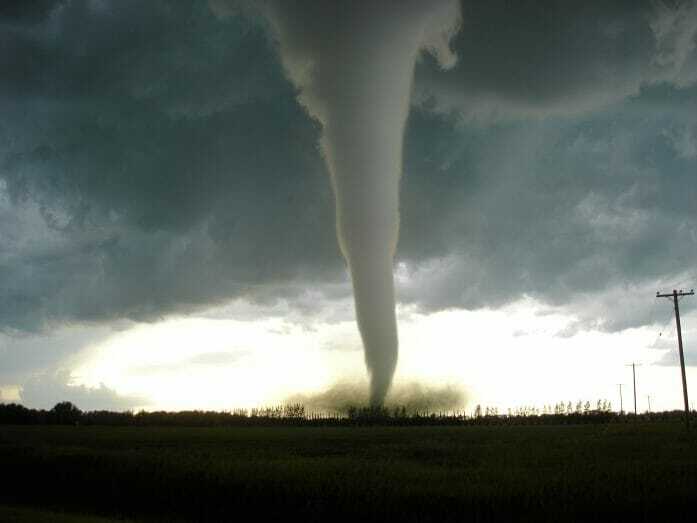Step One in the 12 step program of AA (which is also used, in modified form, for almost all other 12-step fellowships and programs) is actually a two-part step. The first part of Step 1 is an admission of powerlessness over the drug of choice. Though there is much debate about what constitutes ‘powerlessness’, one can say it simply means that the individual cannot control their intake of the drug or alcohol. They will, over time, always over-use and abuse the substance. Because many addicts and alcoholics have had the experience of not being able to stop drinking or using even when they desperately want to get clean, some find it very easy to admit to powerlessness over their addiction.
The second part of Step 1 can be trickier for many to see: Unmanageability. Because denial is one of the main characteristics of addiction, many aren’t even aware how unmanageable their life has become; it just seems normal to juggle creditors, tell lies, hide the habit, engage in criminal behaviour, avoid family members…anyone can increase the list. Everyone likes to think that they have a handle on their own affairs and everyone has become accustomed to their own coping strategies, even those that cause a great deal of suffering. But in order to proceed with the rest of the 12 steps, an addict has to admit that their life has become unmanageable.
Here are some signs that your life has become unmanageable due to alcoholism and addiction.
- 1. You can’t wait to leave work, not to see your family or have dinner, but to have a drink.
- 2. You’re sleeping badly and feeling unwell, and vow to stop partying, but find yourself at a party every night of the week; lying to others has turned into lying to yourself.
- 3. You’re reluctant to attend family functions or any other social obligations where drinking will not be part of the agenda.
- 4. You are able to drink or use drugs recreationally for a little while, but eventually you always slip back into destructive habits.
- 5. You go out intending to drink or use a set amount but find that when you run out, you need more, and will do virtually whatever is necessary to get it.
- 6. You’ve done something you would never otherwise do, while under the influence, such as engage in risky sexual behaviour, domestic violence, or driving while intoxicated.
- 7. You are neglecting household duties like laundry and dirty dishes; you’re sending the kids to school without a proper lunch because you have other priorities.
- 8. You’re struggling to hold a job or bouncing from job to job as your lateness, absenteeism and attitude worsen as a result of your addiction.
- 9. You struggle to pay bills on time, and may even wind up couch surfing between apartments.
- 10. You don’t eat a proper diet, sleep irregularly or too much/not enough, and don’t take care of physical hygiene the way you used to.
- 11. Your relationships and friendships have begun to suffer as a result of your addiction. Perhaps you have formed new ones with people who don’t care because they are even deeper into their own addictions than you are.
- 12. You feel moody, irritated, anxious or depressed, or a combination of all three. This leads you to isolate and take solace even further in drugs and/or alcohol.
Unmanageability may be more than a symptom of addiction; it can be the reason we self-medicate in the first place. If you feel that you’re losing control over your own life, there is a place you can go to learn the tools to live life on life’s terms. Call Renascent for a consultation today.


I can relate
So can I and it’s scary how true this really is
I can see this in my life before I began working the program thank god for aa it truly has saved my life
Going through it nkw after 20 if you plot it on a graph so many peals and Valleys Highs and Lows and Plataues…I think I’m in to deep..not in the alacobol but where I ended up..